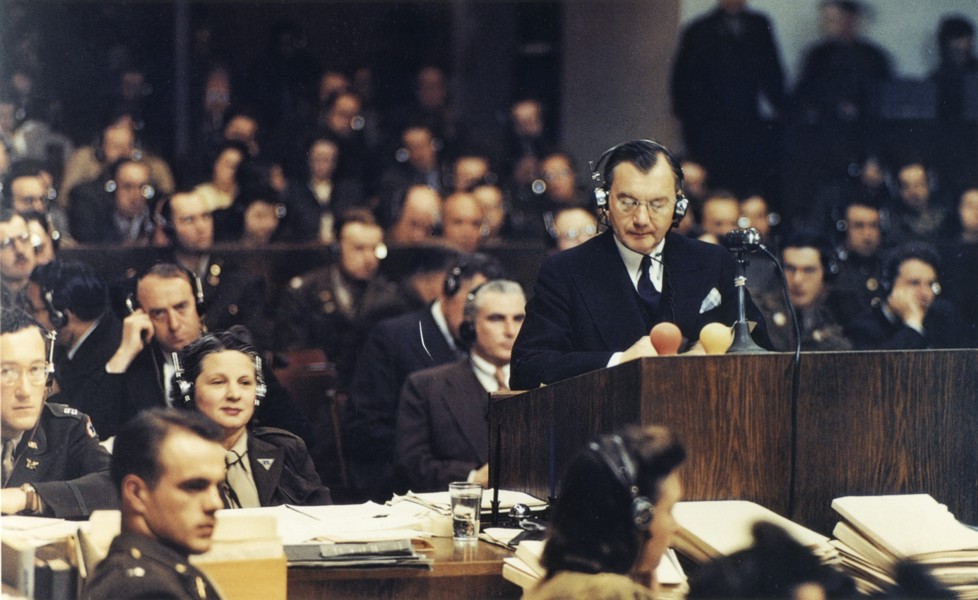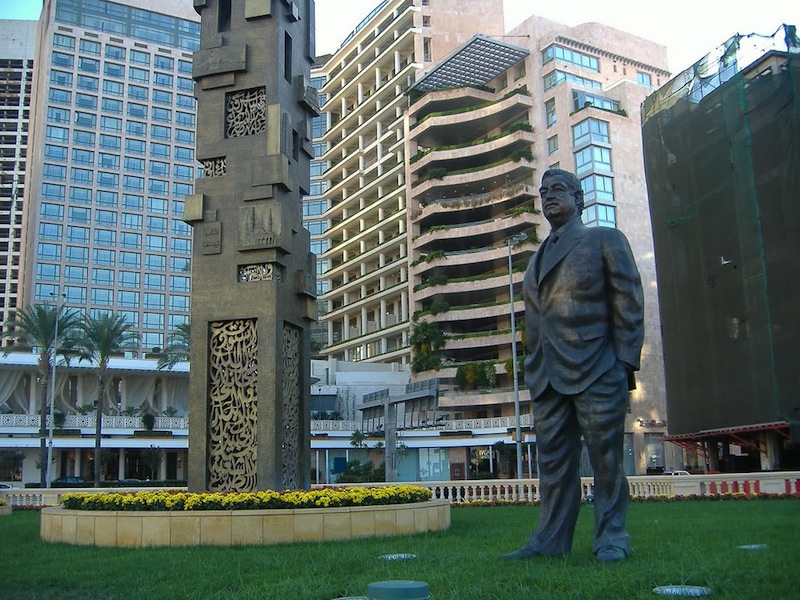The Palestinian government has announced that it is planning to sue the United Kingdom over the 1917 Balfour Declaration, which promised a “Jewish homeland” in then-British controlled Palestine. The announcement follows a growing trend of proposed legal cases that aim to right historical wrongs through the international court systems. With this trend emerges a new debate, one that centres on the history of international justice and how international law achieves justice today.
The main source of contention in this proposed case is the Balfour Declaration. In 1917, British Foreign Secretary Arthur Balfour sent a letter to Baron Lionel Rothschild, a prominent Jewish businessman in Britain, expressing the government’s support in establishing a Jewish homeland in Palestine. Foreign and domestic newspapers published the letter a week after Rothschild received it. Britain, which had been given the power to govern Palestine by other European powers at the end of World War I, encouraged Jewish migration to the region. Britain also played a significant role in the creation of the state of Israel in 1948.
Last week, in a statement at the recent Arab League summit in Mauritania’s capital city of Noaukchott, the Palestinian Authority’s Foreign Minister Riad Malki conveyed President Mamoud Abbas’ desire to see Palestinians compensated by Britain for actions stemming from the Balfour Declaration. Malki delivered his remarks in front of 21 Arab leaders attending the summit. It should be noted that no court documents have been filed at this time and that Palestinian Authority has simply expressed the intent to move forward with its claims.
“… there is a longstanding UK position, true of successive governments in the UK, that we don’t think reparations are the right approach.”
The Palestinian legal claim against the Balfour Declaration may appear novel, but this is not the case. In recent years, several politicians and groups have come forward and expressed their interest in filing legal claims for compensation based on historical grievances. In 2015, the former Greek Deputy Finance Minister Dimitris Mardas claimed that Germany owed Greece over €200 billion in reparations for the Axis occupation during World War II. This claim came at a time when the Greek government was close to defaulting on its state debt and owed Germany approximately €10 billion. In January 2016, the UN Working Group of Experts on People of African Descent recommended that the United States government consider a program of reparations to descendants of slaves. In 2015, Jamaica made headlines when leading academics and government officials from the island nation called for Britain to pay reparations to the Jamaican people for the slavery that occurred under British rule.
World leaders and high-ranking institutions appear unwilling to move ahead with reparations claims. In the wake of last year’s Jamaican announcement, an official from the British Prime Minister’s office stated, “… there is a longstanding UK position, true of successive governments in the UK, that we don’t think reparations are the right approach.” Former British consul-general to the Palestinian territories Sir Vincent Fean, who served in 1967, expressed that “I regard what [President] Abbas said as a cry of anger and despair rather than a statement of intent,” in response to the Palestinian Authority’s announcement. Previously, the Supreme Court of the United States declined to hear the case of a class action lawsuit brought forward in 2007 reparations to descendants of American slaves.
However, there is a greater underlying problem; it’s how the international community writ large views the concept of justice in international relations.
It’s easy to understand the concept of justice for an individual. In a domestic court, a victim of a crime can tell their side of the story in front of a group of highly qualified individuals without fear of retribution. If the defendant is found guilty, they receive a punishment that fits the severity of the crime. If it sounds simple, it is. It’s a process that domestic court systems go through every day and one that is instructed by centuries, if not millennia, of legal tradition. Furthermore, our society celebrates this type of justice as seen by the myriad of television shows, such as Law and Order, that entertain viewers with the suspense of criminal activity but with the guarantee that justice will be served for victim in the end.
The administration of justice for an entire people is much different. First, it’s much younger. Official court proceedings to offer international justice to a group of people only just began after World War II with the military tribunals for Nazi and Japanese officials. It was during this time in 1945 that the International Court of Justice was founded and another 53 years until the International Criminal Court was founded. Secondly, the crimes are much more complex in international justice, making their prosecution more complicated too. For instance, it’s difficult, if not impossible, to have every victim to discuss the impact of the crime in front of the court due to a variety of barriers, including geographical barriers as well as limited time and financial resources.
Our society’s understanding of international justice is too young and too abstract for an exact determination of how justice can and cannot be received. Therefore legal cases for reparations should not be ignored but seen as an opportunity to better understand history and its impact on a significant number of people. Furthermore, those who are working towards achieving justice should not have their actions labeled as manipulative or politically motivated in order to discredit their work. It is not the place of the accused to decide whether or not their actions were illegal but a court of law. So as Palestine moves forward with its claims and as the Jamaican government has creates a new official body to develop a legal case for reparations, the rest of the world must listen in order for justice to be effectively served.
Photo: American prosecutor Robert Jackson presents at the Nuremburg Trials (1945), by Raymond D’Addario via Wikimedia Commons. Public Domain.
Disclaimer: Any views or opinions expressed in articles are solely those of the authors and do not necessarily represent the views of the NATO Association of Canada.




